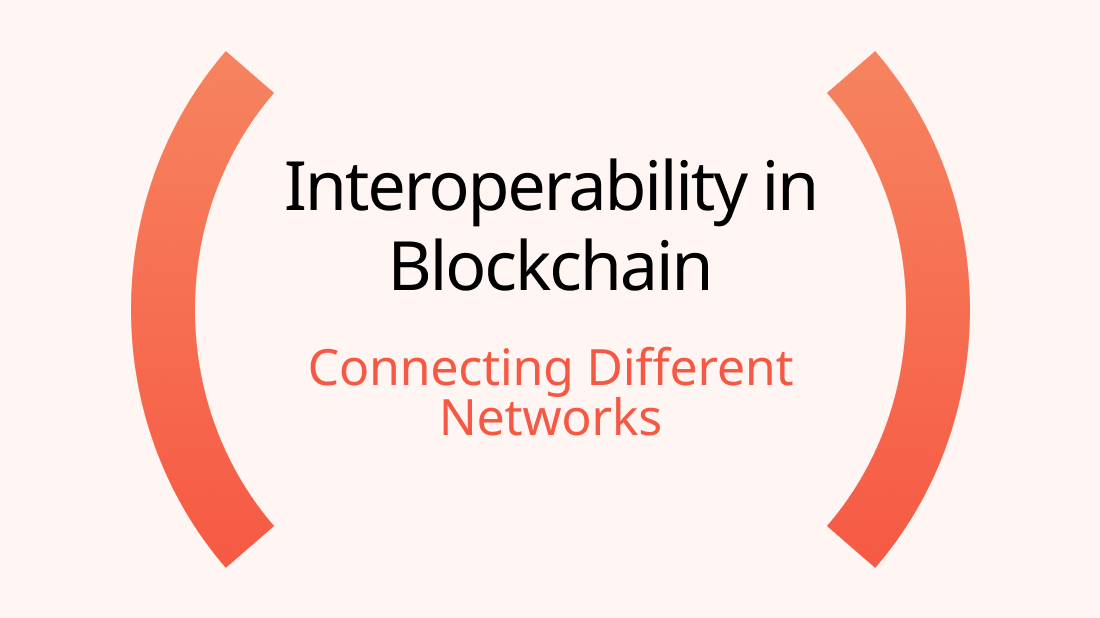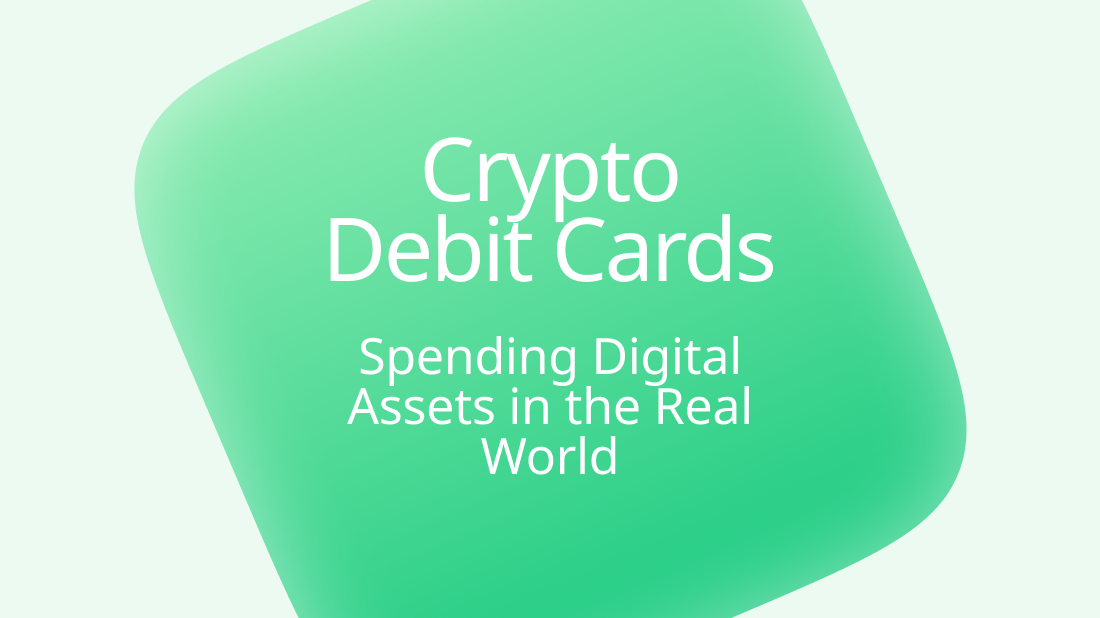Getting Paid in Crypto: Pros and Cons

In the ever-evolving landscape of finance, the concept of receiving a salary in cryptocurrency has gained traction, offering a novel alternative to traditional fiat payments. As the crypto revolution continues to reshape financial norms, individuals are increasingly exploring the option to get paid in crypto. In this article, we will delve into the pros and cons of this intriguing practice, exploring the benefits, challenges, and considerations associated with receiving a salary in cryptocurrency.
Pros: Unveiling the Benefits
- Decentralization and Financial Freedom:
One of the primary attractions of getting paid in crypto is the decentralized nature of digital currencies. Cryptocurrencies operate on blockchain technology, eliminating the need for intermediaries such as banks. This decentralization empowers individuals with greater financial freedom, as they have direct control over their funds without relying on traditional financial institutions.
- Global Accessibility:
Cryptocurrencies break down geographical barriers, allowing individuals to receive payments from anywhere in the world. This is particularly advantageous for freelancers and remote workers who may face challenges with traditional cross-border transactions.
- Reduced Transaction Costs:
Crypto transactions typically involve lower fees compared to traditional banking methods. This reduction in transaction costs can be especially appealing for individuals who frequently engage in cross-border transactions or regularly transfer funds.
- Potential for Value Appreciation:
Cryptocurrencies are known for their price volatility, and while this can be a challenge (discussed later), it also presents an opportunity for individuals to benefit from potential value appreciation. Receiving a portion of the salary in crypto may result in increased wealth over time if the value of the cryptocurrency rises.
Cons: Navigating the Challenges
- Volatility Concerns:
Perhaps the most prominent challenge associated with getting paid in crypto is the volatility of cryptocurrency prices. The value of cryptocurrencies can fluctuate significantly in a short period, leading to uncertainty regarding the purchasing power of the received funds.
- Taxation Complexity:
Tax implications of receiving a crypto salary can be complex and vary by jurisdiction. Individuals must report their crypto income accurately and be aware of capital gains tax if they choose to convert their crypto earnings into fiat.
- Limited Merchant Acceptance:
While the adoption of cryptocurrencies is growing, there is still a relatively limited number of merchants and service providers accepting digital currencies. This can restrict the ability to spend crypto earnings directly on goods and services.
- Security Risks:
Cryptocurrencies are susceptible to hacking and fraud. Individuals receiving crypto salaries must prioritize the security of their wallets and take measures to protect their private keys to avoid the risk of losing funds.
How to Get Paid in Bitcoin: A Practical Guide
For those intrigued by the idea of receiving a salary in cryptocurrency, the process is more accessible than ever. Here's a step-by-step guide on how to get paid in Bitcoin or other cryptocurrencies:
- Communicate with Your Employer:
Open communication with your employer is crucial. Discuss the possibility of receiving a portion or the entirety of your salary in cryptocurrency. Ensure that both parties are comfortable with the arrangement and address any concerns or questions.
- Set Up a Crypto Wallet:
To receive crypto payments, you'll need a secure crypto wallet. Choose a wallet that aligns with your preferences, whether it's a hardware wallet for added security or a mobile wallet for convenience.
- Agree on Terms:
Establish clear terms for the crypto salary, including the frequency of payments, the percentage of the salary to be paid in crypto, and the method of conversion (if any).
- Explore Payment Platforms:
Some companies use specialized payment platforms that facilitate crypto payroll. Explore these options and choose a platform that suits both you and your employer.
- Stay Informed about Regulations:
Be aware of the legal and tax implications of receiving a crypto salary in your jurisdiction. Regulations regarding cryptocurrency payments vary, and it's essential to stay informed to ensure compliance.
Interesting Facts about Getting Paid in Crypto
Bitcoin's First Salary Transaction:
The concept of getting paid in Bitcoin gained early adoption in 2012 when a programmer named Gavin Andresen received his salary in Bitcoin. At that time, Bitcoin's value was a fraction of what it is today.
Crypto Salary Trends:
According to a survey conducted in 2023, around 15% of freelancers and remote workers expressed interest in receiving at least a portion of their salary in cryptocurrency.
Crypto Payroll Platforms:
Specialized platforms have emerged to facilitate crypto payroll for businesses, providing streamlined solutions for both employers and employees. One of these platforms is Simple Pay.
Conclusion: Navigating the Future of Salary Payments
Getting paid in crypto represents a paradigm shift in the way individuals receive and manage their finances. While the benefits of decentralization, global accessibility, and reduced transaction costs are compelling, individuals must carefully navigate the challenges of volatility, taxation, limited merchant acceptance, and security risks.
As the world continues to embrace the possibilities presented by cryptocurrencies, the decision to receive a salary in crypto becomes a personal choice influenced by one's risk tolerance, financial goals, and the regulatory environment of their location. Ultimately, the journey of getting paid in crypto is not just a financial transaction but a step towards participating in the transformative evolution of the global financial landscape.












